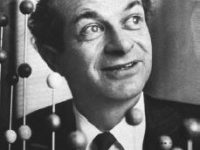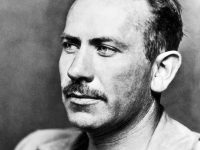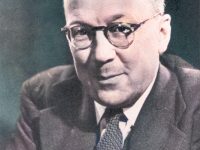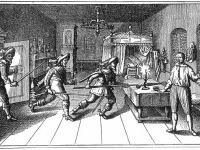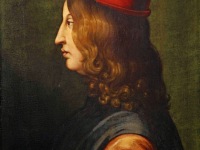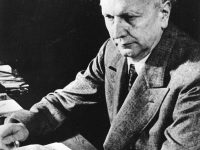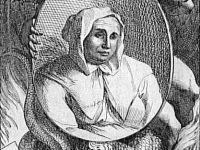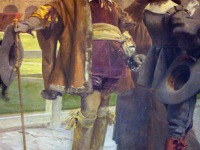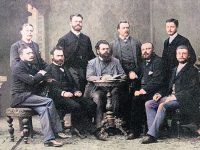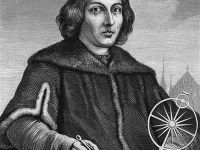Linus Pauling – From Quantum Chemistry to Molecular Biology
On February 28, 1901, American chemist, biochemist, peace activist, author, educator Linus Pauling was born. Pauling was one of the founders of the fields of quantum chemistry and molecular biology. His contributions to the theory of the chemical bond include the concept of orbital hybridisation and the first accurate scale of electronegativities of the elements. New Scientist called him one of the 20 greatest scientists of all time, and as of 2000,…
Read more

